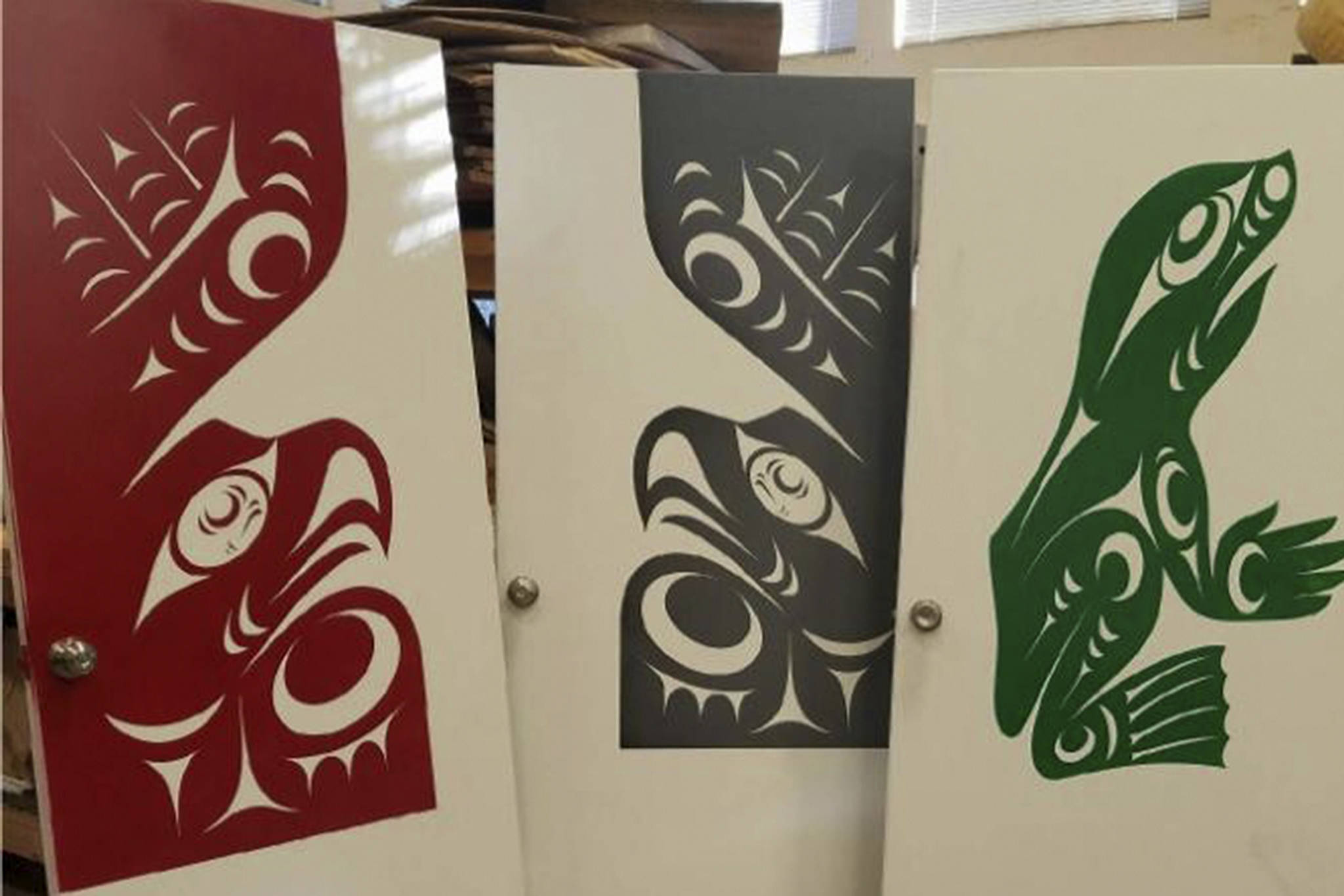TULALIP – Three tiny houses built by the Tulalip Tribes TERO pre-apprenticeship program for Native Americans were to be the first delivered to a Seattle low-income housing project Thursday.
Tribal Chairman Mel Sheldon was among those scheduled to speak at the opening.
TERO provides training in the construction trades and helps to expose tribal members to career opportunities that otherwise may not be available to them. “The Tulalip Tribes are extremely proud of our construction training students and our vocational training center whose mission is to help students learn to build new futures for themselves and their families,” Sheldon said in a news release. The Low Income Housing Institute, Nickelsville and the tribes were set to hold an opening ceremony for the Georgetown Tiny House Village, the fourth Seattle-sanctioned homeless encampment. Georgetown Village will provide shelter and services to families and individuals living on the streets. The site at 1000 S. Myrtle Street will feature 40 tiny houses, counseling offices, a kitchen tent and a “Kingdome” and “Queendome” that will be used for emergency overflow shelter when all the tiny houses are filled.
“The Georgetown Tiny House Village will shelter sixty to seventy people and is a crisis response to homelessness. We thank the Tulalip Tribes and the many students and volunteers who contributed their energy and talent in building the forty tiny houses. Our goal is to move vulnerable people quickly off the streets into warm, secure tiny houses instead of tents,” said Sharon Lee, LIHI executive director.
Sheldon added: “This is the third class that has built Tiny Homes for the Nickelsville community, and it turns out it’s a great partnership – with the inspiration and outcomes centered on strengthening the communities we live in.” LIHI owns and operates over 2,000 units of affordable housing in the region For details on volunteer opportunities, contact Josh Castle at jcastle@lihi.org. For information about LIHI’s tiny house villages or to schedule a tour, contact Bradford Gerber at bradgerber@lihi.org. For further information or to donate, go to www.LIHI.org. For details on the TERO program go to www.tulaliptribes-nsn.gov


